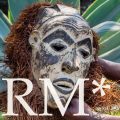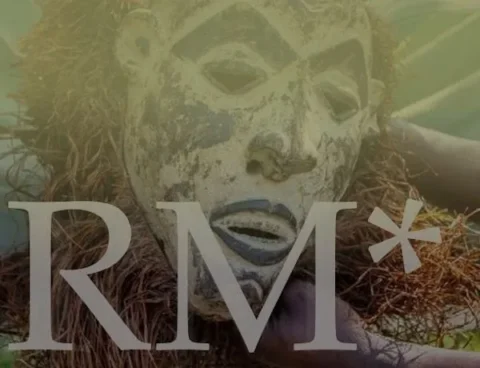The massive presence of Cameroonian cultural artefacts in German public museums draws particular attention to colonial continuity.
What characterizes the debate on the massive presence of Cameroonian cultural assets in Germany and, consequently, their absence in Cameroon, are the controversial positions.
The establishment by the German Lost Art Foundation of a fund to research the provenance of cultural objects acquired in a colonial context is, however, a step forward in the research of cultural objects in German public museums.
The silence on the German side since the return of the Cameroonian delegation from their visit to Stuttgart from January 14 to 16, 2024, which was described by the German press as a “German-Cameroonian dialogue” and which brought together eleven German museums under the leadership of the Linden Museum Stuttgart, speaks to the work that still needs to be done.
This work requires preparation and prudence and not a rush, as the German side would like.
Among the questions that Cameroonians ask themselves when they think of their cultural objects that are absent from Cameroon and have been in Germany for over a century are:
- How can the Cameroonian side and the German side be brought up to the same level of information about their heritage preserved in Germany? What potential does this wealth of information have in terms of a kind of rewriting of their own cultural history and heritage?
- What do people in Cameroon today still remember from this period? To what extent can memories or oral culture complement archival and documentary sources about stolen goods and people?
- What legal challenges arise from this massive presence in view of the unlawful circumstances of their translocation and their inclusion in Germany’s cultural heritage? From the Cameroonian perspective, Germany holds their cultural property, but is not the legitimate owner.
- What about the human remains that were transported away under the same conditions as cultural objects and degraded to scientific study objects in the various anthropological laboratories?
Albert Gouaffo (University of Dschang, Cameroon) heads, together with Bénédicte Savoy (Technical University of Berlin), the Cameroonian-German research project on the relocation of Cameroonian cultural assets (cultural belongings) to Germany.


